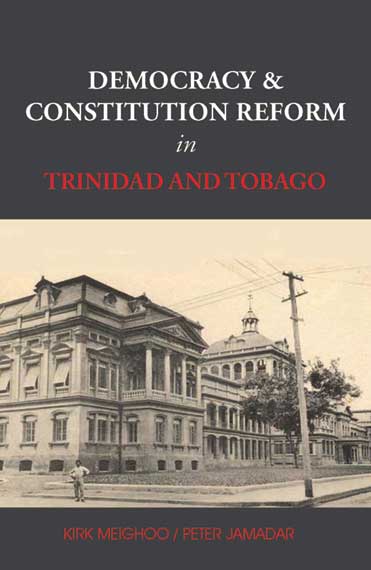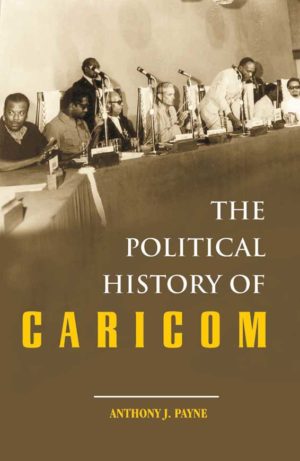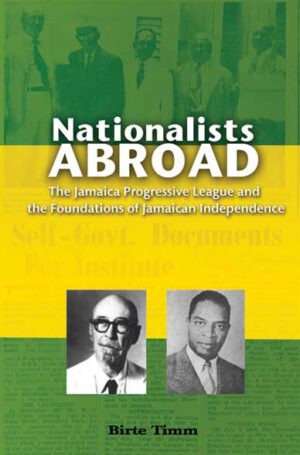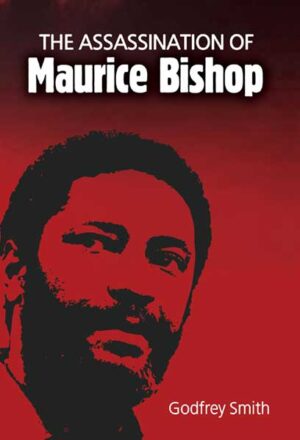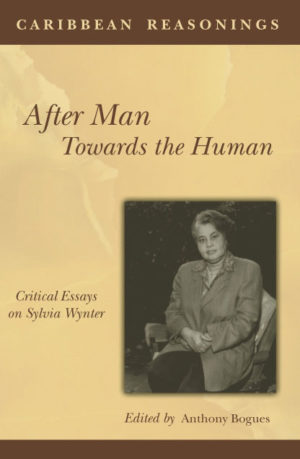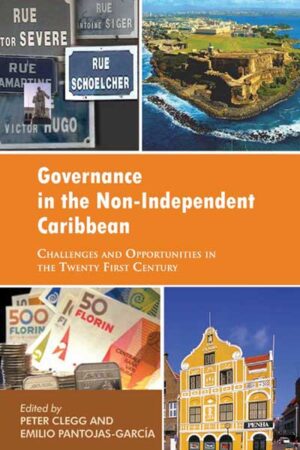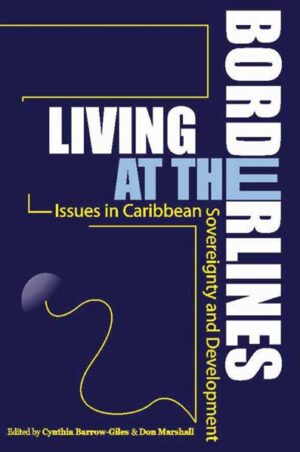Description
The countries of the Commonwealth Caribbean are all self-governing, determining their own futures. But some 40 years after gaining independence from Britain, the question remains whether these countries are truly democratic and whether the parliamentary and electoral systems adopted, are well suited to the Caribbean experience. Meighoo and Jamadar answer these questions in the negative. A true democracy, they argue, is one where the Legislature has the authority and the strength to make the Executive effectively accountable and responsible to it and where the electoral system results in the true practical separation of the Legislature and the Executive.
Using Trinidad and Tobago as the model, Democracy and Constitution Reform in Trinidad and Tobago offers an overview of the constitutional reform process in the Commonwealth Caribbean. In these young, postcolonial democracies, where party politics have had a negative impact on the process of democratic reform, the authors review the historical, political and cultural motivations that have spawned the most recent debates on constitutional reform; and more particularly on the proposals for parliamentary and electoral reform. The book concludes with a review of past proposals and recommendations, and puts forward the authors’ own suggestions for reform.
At a time when most of the Commonwealth Caribbean is undergoing a process of constitutional debate and change, this book makes a valuable contribution to the discussion and provides a basis for the informed citizen, student or pundit to judge the process of reform.


